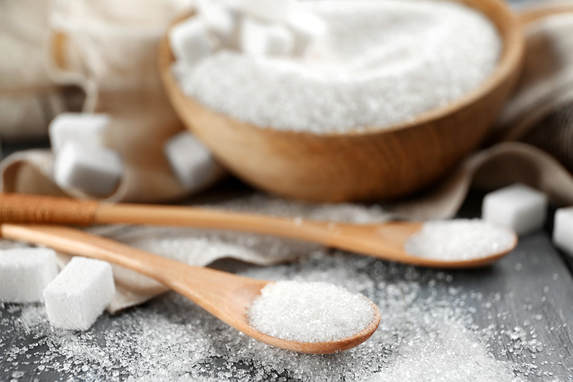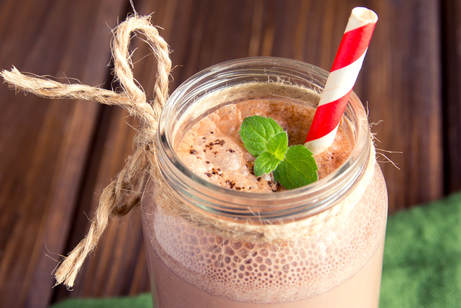|
It’s official! Organizations and governments are (finally) declaring a maximum amount of daily sugar intake. While this is a step forward, there are still a few problems. One - they don’t all agree with each other. And, two, I don’t necessarily agree with them either. We all know sugar is NOT a health food. It isn’t full of nutrition, and excess consumption is not associated with great health. The problem is that sugar is everywhere. It’s naturally occurring. It’s also added to just about every processed food there is. And this “added sugar” is a factor in many chronic diseases we see today. Sugar is inflammatory. Too much is associated with weight gain, diabetes, heart disease, cancer, and cavities. Too much sugar is a huge health risk, no matter how you look at it. So, let’s talk about how much sugar is “too much.” Added sugar vs. naturally occurring sugar. What do some of the officials say? Before we talk about the “official” numbers (and why I don’t agree with them), you need to know the difference between “added” sugar and “naturally occurring” sugar. Fruit and other healthy whole foods contain sugar. They also contain water, fiber, vitamins, minerals, and other phytochemicals. They are good for you. Eating fruits and vegetables is a well-proven way to reduce your risks of many chronic diseases. “Added sugars,” on the other hand, are concerning. In 2013, the American Heart Association calculated that about 25,000 deaths per year were due to sweetened beverages. “Added sugars” are also in baked goods, candies, soups, sauces and other processed foods. You can find sugar on the ingredient list as many names, often ending in “-ose.” These include glucose, fructose, sucrose, etc. So, "Total sugars" = "Naturally occurring sugars" + "Added sugars." The "official" change is the new Nutrition Facts tables. You may remember that in Canada and the USA, they declare the amount of sugar, but don't give it a %DV (% daily value); this means, they've never had a "benchmark" maximum daily value to use. They haven't declared how much is too much. Now, both countries are implementing a %DV for sugar. In Canada, the %DV is based on 100 g/day of total sugar. Unfortunately, this number is large because it includes both naturally occurring and added sugars. The %DV is in-line with the Canadian Heart & Stroke Foundation's recommendations of no more than 90 g of total sugars per day. In 2008, the average daily total sugar intake in the USA was 76.7 grams per day; this is less than these two benchmarks. Yet, it doesn't seem that people are getting healthier. I'd argue that 100 g per day total sugar is still too high. In the USA, the labels are changing too. They are not declaring "total" sugars but will differentiate between naturally occurring and added sugars. They have decided on a maximum of 50 g of “added” sugars each day. Unfortunately, this is still more than the American Heart Association’s recommended maximum of 24 g/day added sugar for women, and 36 g/day added sugar for men. What is a better daily sugar goal? While these official numbers are a step in the right direction, they’re not what I would recommend. For one thing, I’d ditch as many processed foods as possible, regardless of their sugar content. There are a ton of studies that show that processed foods are bad for your health. Period. I wouldn’t recommend eating your “daily value” of sugar from sweetened processed foods. I don’t recommend even 50g of "added" sugar per day. Get your sugar from whole, unprocessed fruits first. Second, you don’t even need to max out your daily sugar intake. I promise! Try to reduce your sugar intake below these “official” amounts for an even better goal. Tips to reduce your sugar intake Here are some of my most popular recommendations to reduce your sugar intake, so you don't get too much:
Let me know in the comments your favorite tips to reduce your sugar intake! Recipe (No added sugar): Frosty Serves 1
¾ cup almond milk (unsweetened) ½ tsp vanilla extract 1 tbsp cocoa powder (unsweetened) ½ banana, frozen Ice cubes Instructions Add everything into a blender except ice. Blend. Add a handful of ice cubes and pulse until thick and ice is blended. Serve & enjoy! Tip: Double the recipe to share.
0 Comments
Leave a Reply. |
Archives
November 2022
Categories
All
|


 RSS Feed
RSS Feed